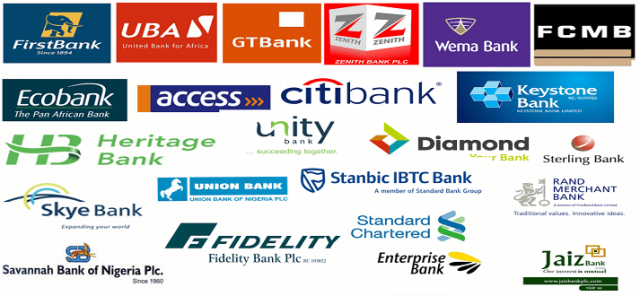Interbank rates in the money market eased slightly at the start of the week following a moderate inflow of funds and the injection of a signature bonus, which helped improve the balance in the financial system.
Additionally, the market received N9.52 billion in Federal Government of Nigeria (FGN) coupon payments. Despite the inflows, liquidity challenges in the banking system persisted, keeping interbank rates elevated. Analysts project that this trend will likely continue until the next Federation Account Allocation Committee (FAAC) disbursement.
While the recent inflows provided some relief, they were insufficient to overturn the banking system’s negative liquidity position. As a result, short-term benchmark interest rates remained above 32% as deposit money banks continued to access funds from the Central Bank of Nigeria’s (CBN) lending window.
The Nigerian Interbank Offered Rate (NIBOR) experienced an upward trend across most maturities on Monday, reflecting sustained illiquidity in the banking system, according to Cowry Asset Limited.
Conversely, the open repo rate (OPR) and the overnight lending rate (O/N) saw marginal declines of 0.32% and 0.11%, closing at 32.22% and 32.81%, respectively. The signature bonus and other inflows provided slight relief, easing pressures on money pricing for the day.
Analysts at AIICO Capital Limited anticipate that interbank rates will remain elevated in the short term, pending the expected FAAC inflow of approximately N793 billion.
At the close of trading on Friday, the money market recorded a liquidity deficit of about N1.5 trillion, compared to N1.596 trillion on Thursday. This marks a significant rise from the liquidity deficit of N32.8 billion recorded at the beginning of the previous week, which escalated following substantial Open Market Operations (OMO) auction sales.
Meanwhile, major banks with positive cash balances continued to demand higher rates for lending funds, reflecting the recent policy rate hike by the CBN, which has further tightened financial system liquidity.













